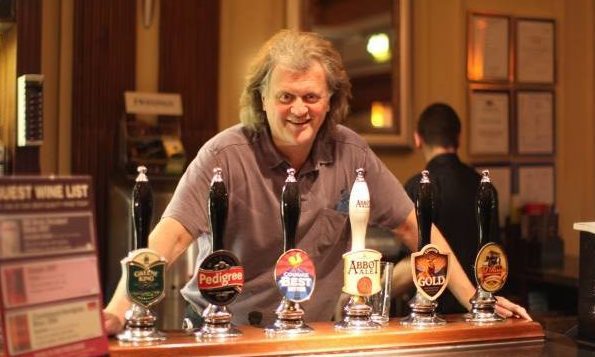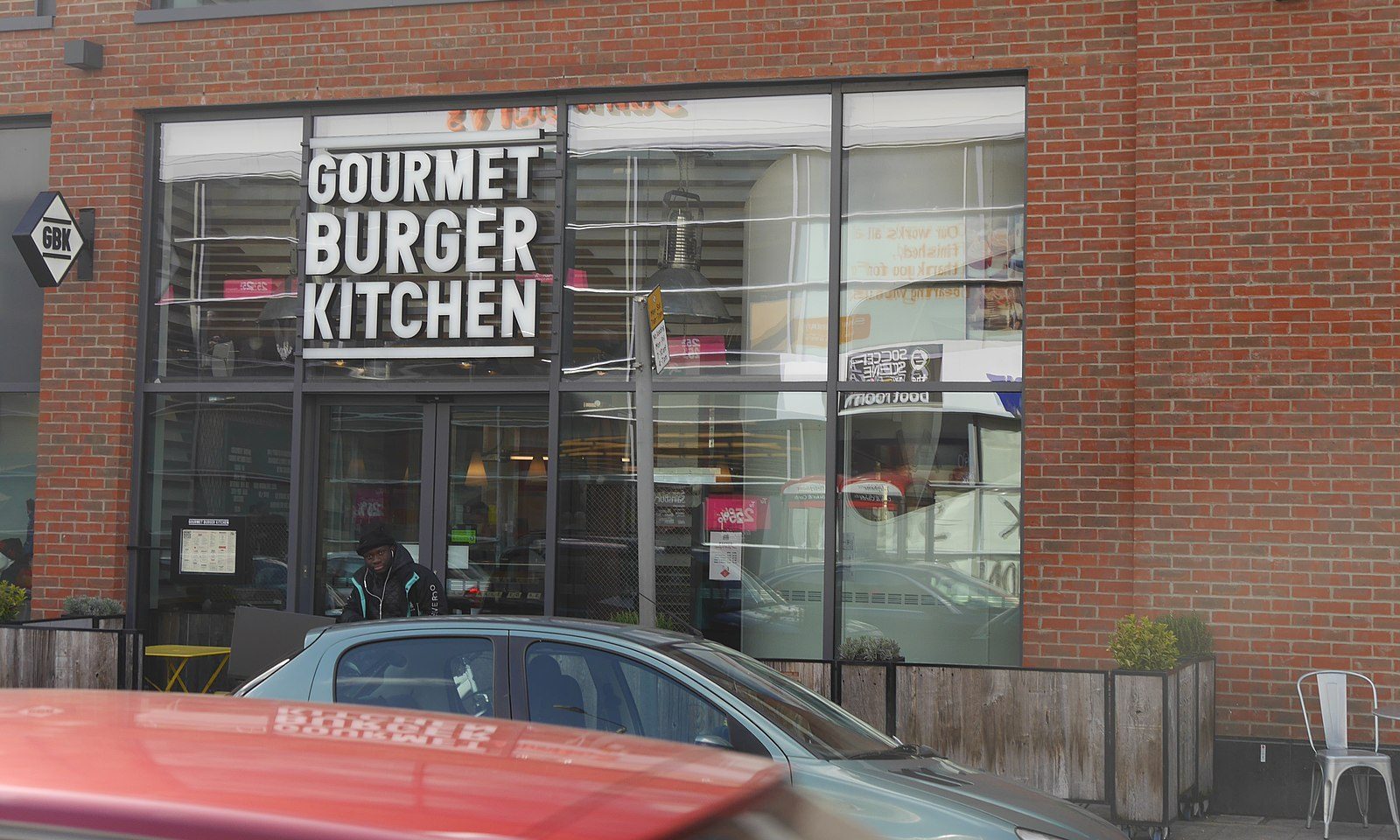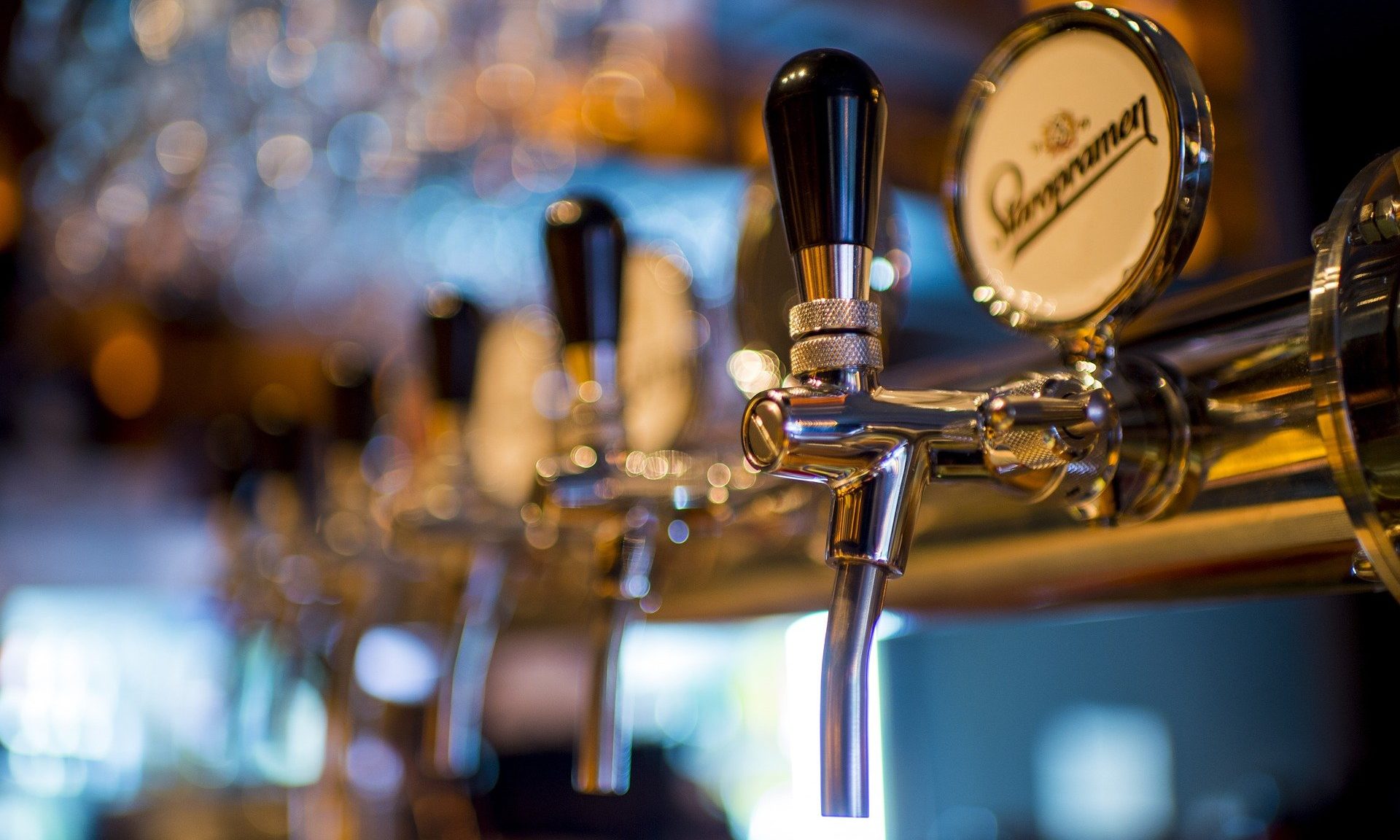Register to get 5 free articles
Reveal the article below by registering for our email newsletter.
Want unlimited access? View Plans
Already have an account? Sign in
Marston’s total retail sales increased by 11.3% during the year ended 30 September, while like-for-like sales were up 10.1% on FY22, as the pub operator’s F&B offering demonstrated “resilience and appeal”.
During the 10-week period from 23 July to 30 September, like-for-like sales increased 7.7% on FY22 results. This reflected the wetter weather over the summer months, where drink sales were behind food.
However, in the last five weeks like-for-like sales were up 12%, which provided “strong” momentum into the new financial year, with both food and drink sales in strong growth.
Per the group’s May and July trading update, it successfully trialled its franchise-style model in 19 food-led managed pubs to complement the 714 wet-led pubs operated under this model. This pilot saw sales grow significantly, exceeding that of its broader food business.
As a result, Marston’s reported it is on track for the target of 50 food-led franchised pubs in FY24.
The group has also fixed its energy costs for next year, having secured a significant proportion of its F&B costs. This will provide the pub operator with “a high degree of confidence” for FY24. results.
As of 30 September, the group’s net borrowings stood at £1.1bn, £31m below last year and £19m lower than H1. Marston’s has ambitions to reduce its debt by £60 to £70m in FY24.
Andrew Andrea, CEO of Marston’s, said: “Two years ago, we set out our vision and strategy with a clear objective to create a simplified, high quality predominately suburban pub business, with minimal exposure to city centres where demand is more volatile.
“Operationally, we remain focussed on the core pillars of driving guest satisfaction in a great environment served by engaged and focussed teams, which remains relevant despite the macro challenges facing the consumer.”



















